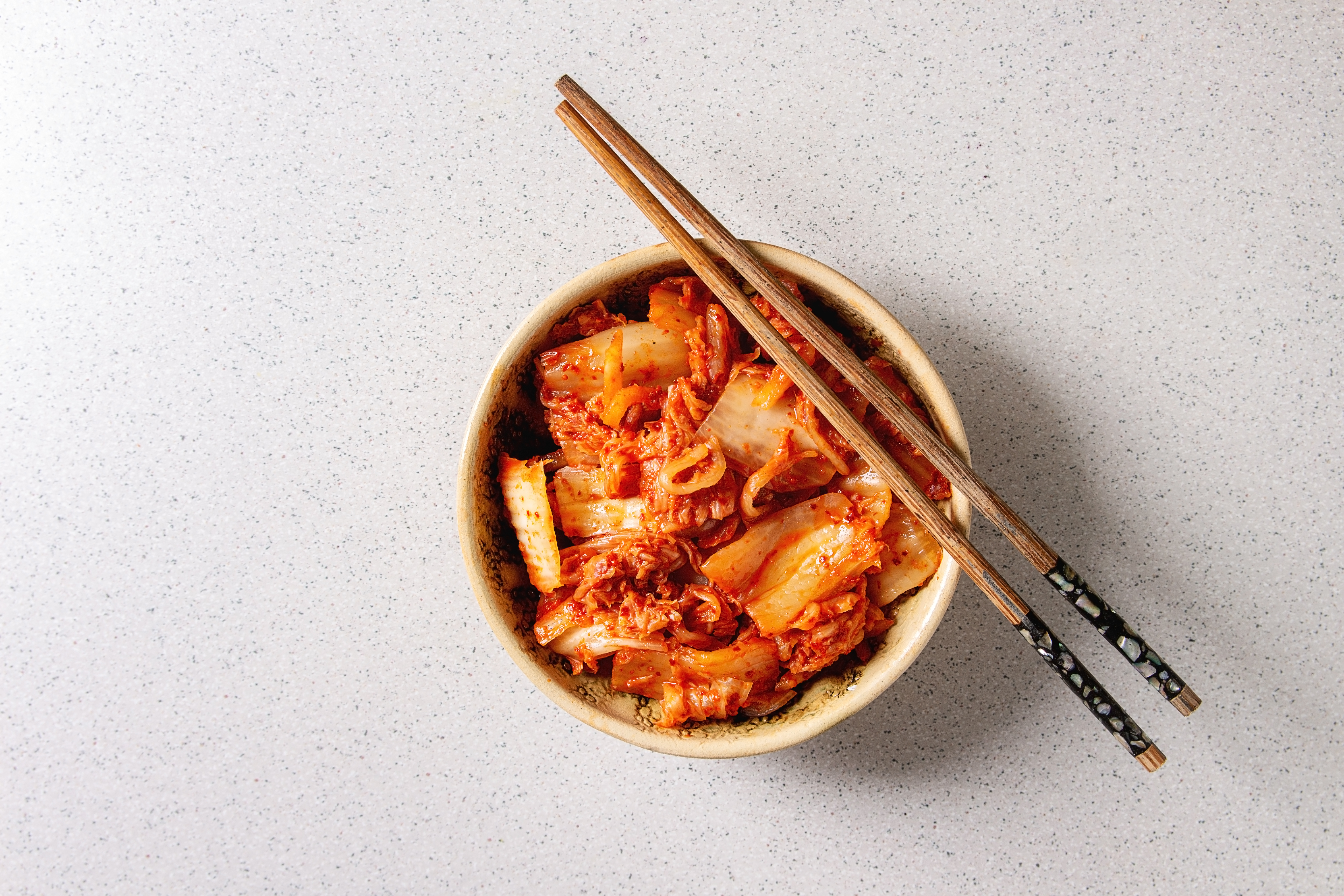11 Delicious Fermented Foods From Around The World For Natural Gut Healing
Fermentation is a time-honored culinary technique that transcends cultural boundaries, offering not only unique flavors but also significant health benefits. This ancient process, which involves the transformation of food by bacteria, yeasts, or other microorganisms, has been a staple in human diets for millennia. As we delve into the world of fermented foods, it's crucial to understand the role they play in gut health. Our digestive system is home to trillions of bacteria that are essential for digestion, immunity, and even mental health. Fermented foods are rich in probiotics, beneficial bacteria that help maintain a healthy gut flora balance. This article explores 11 fermented delicacies from around the world, each contributing uniquely to gut health, and examines how these foods are integrated into daily diets to enhance overall well-being. From the spicy kimchi of Korea to the tangy kefir of Eastern Europe, these foods not only add variety to our plates but also nurture our gut health naturally.
1. Kimchi: Korea's Spicy Probiotic Powerhouse

Kimchi, a staple in Korean cuisine, is a fermented vegetable dish known for its spicy and tangy flavor. Typically made from napa cabbage and Korean radishes, it is seasoned with chili pepper, garlic, ginger, and salted seafood, which contributes to its unique taste. The fermentation process, which can last from a few days to several weeks, allows beneficial lactic acid bacteria to thrive, making kimchi a potent source of probiotics. These probiotics are instrumental in promoting gut health by enhancing digestion and boosting the immune system. Furthermore, kimchi is rich in vitamins A, B, and C, and contains antioxidants that help fight inflammation. Consuming kimchi regularly has been linked to improved gut flora balance, reduced cholesterol levels, and better metabolic health, making it a delicious and nutritious addition to any diet.
